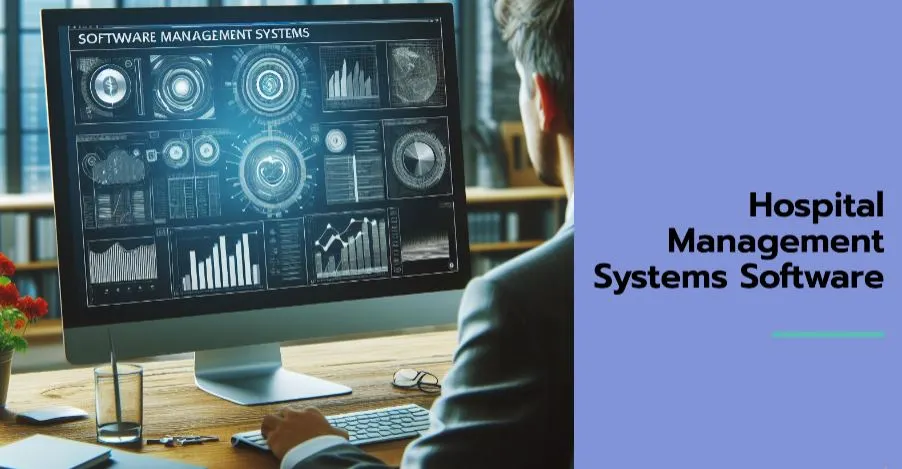It would be a mistake to ignore Customer Relationship Management (CRM). No matter the industry, a well-implemented CRM system can transform client relationships, boost productivity, and accelerate company expansion. Problems with data administration, advertising, sales, customer support, and client retention might result from poorly executed CRM deployment.
The expected average return on investment (ROI) for sales CRM software is $8.71. To help you have a smooth and successful CRM journey, this article explores the tips for successful implementation.
- Make your goals clearly stated
Before you even think of starting the CRM implementation process, you need to have a plan and targets, which also need to be in line with your company’s objectives.
Whatever it is – higher sales, better customer service, simplification of operations, or something else, be sure that you are aware of what you expect from adopting CRM technology. Clear objectives help you align your CRM strategy to the company’s progress, ensuring that with every step, you achieve more.
- Evaluate extensive areas thoroughly
One might struggle to single out a CRM solution from all the available options on the market. Study your CRM alternatives well, such features, prices, and suitability for your business.
The size, nature and particular requirements of your business should be taken into account while making a choice of customer relationship management system. Make sure that the CRM system you select will work together smoothly with the procedures and workflows your business already has in place.
- Give data integrity first priority
The data reliability and accuracy will directly affect the effectiveness and efficiency of the CRM deployment. Get your existing data checked for validity and completeness before you put them in the new CRM system.
The accuracy and consistency of the data will be ensured through data migration and cleaning routines. Thus, if your CRM system stores only high-quality data, you can be confident that it will provide you with all the information you need for operating your company smoothly.
- Offer extensive instruction
The essential of CRM implementation is providing staff with tools that will encourage them to use the system in its entirety. Equip the staff with an overarching understanding of the CRM system’s functionalities and features through comprehensive user training.
Make sure your staff can make the most of the CRM system by providing them with training, user guides, and continuing support. The effectiveness of the CRM system depends on the users’ ability to accept it, and this may be achieved via proper training.
- Keep an eye on things and assess yield
Create a set of Key Performance Indicators (KPIs) to track how well your company is doing after using CRM. Keep an eye on how well CRM is doing in comparison to these key performance indicators.
To maximize the efficacy of CRM, it is important to conduct regular performance evaluations to identify problem areas and implement fixes. Your customer relationship management system will adapt to your company’s evolving demands with the help of a data-driven approach to performance measurement.
- Enhance ongoing communication
Having clear lines of communication amongst all parties involved is critical throughout the CRM installation process. Maintain buy-in and participation by soliciting input and updating stakeholders on the CRM implementation’s status on a frequent basis. The key to a successful CRM implementation is open communication, which encourages workers to take ownership and work together.
- Distribute and plan resources
Careful preparation and distribution of resources are essential for a successful CRM rollout. Begin by outlining the many stages of the implementation process, from initial setup all the way to complete adoption, in a realistic timeframe and project plan.
Make sure your CRM journey goes well by allocating enough resources, such as manpower and finance. If you want to keep implementation delays and bottlenecks at bay, you must prevent inadequate planning and allocation of resources.
- Personalize to meet your requirements
Every company has its special way of doing things, with its procedures and data needs. Customizing the CRM system to integrate effortlessly with your current processes can help you get the most out of CRM installation.
Make the customer relationship management system work for your company by tailoring it to your unique requirements. That way, it will complement your current workflow instead of competing with it.
- Consult with professionals
It may be particularly difficult for companies without much CRM experience to navigate the complexity of CRM installation. Think about getting in touch with CRM specialists for advice and assistance all the way through the installation procedure. Their knowledge and expertise can improve the CRM system at affordable custom crm development cost and make it work better for your company.
Use the SuperOffice Implementation method
Use the SuperOffice Implementation Method (SIM) to design, configure, train, and support your project. The SIM offers a methodical and organized strategy for CRM installation, guaranteeing the smooth execution of each phase. Companies may speed up CRM adoption and simplify deployment by following the SIM.
- Always be one step ahead of the competition
You shouldn’t think of CRM deployment as a one-and-done deal but as a continuous process. Keep up with the ever-changing business environment by updating your CRM system.
For a CRM system that is always becoming better, it’s important to keep up with industry best practices, new technology, and any pertinent CRM improvements. To keep up with the dynamic nature of competition, it is essential to commit to continuous development in your CRM system.
Conclusion
Careful preparation and attention to your company’s specific requirements are essential when implementing a CRM system. Although it may seem like an insurmountable obstacle, the advantages of using a CRM system make it all worthwhile.
You must choose an appropriate CRM solution for your company and tailor it to your unique requirements. Although this may require a substantial outlay of money, it may be fruitful in the end.
Now that you have these pointers, you can ensure a smooth implementation. Always keep in mind that client data is vital to the success of your firm, and a CRM system may assist you in properly managing it.




